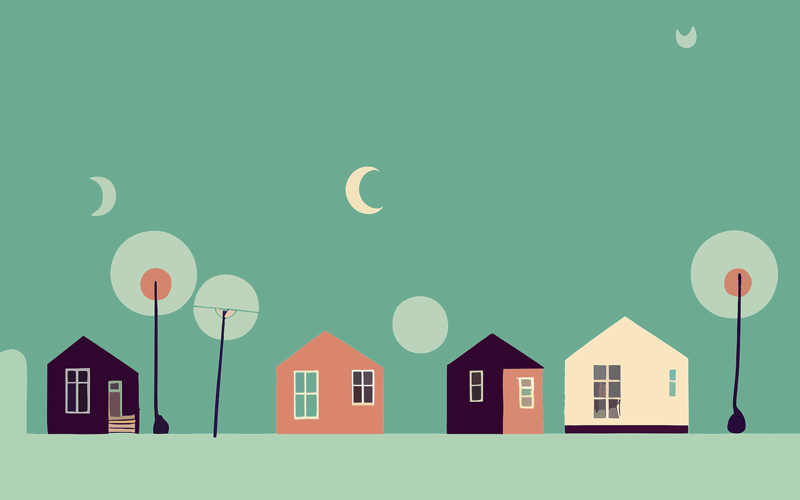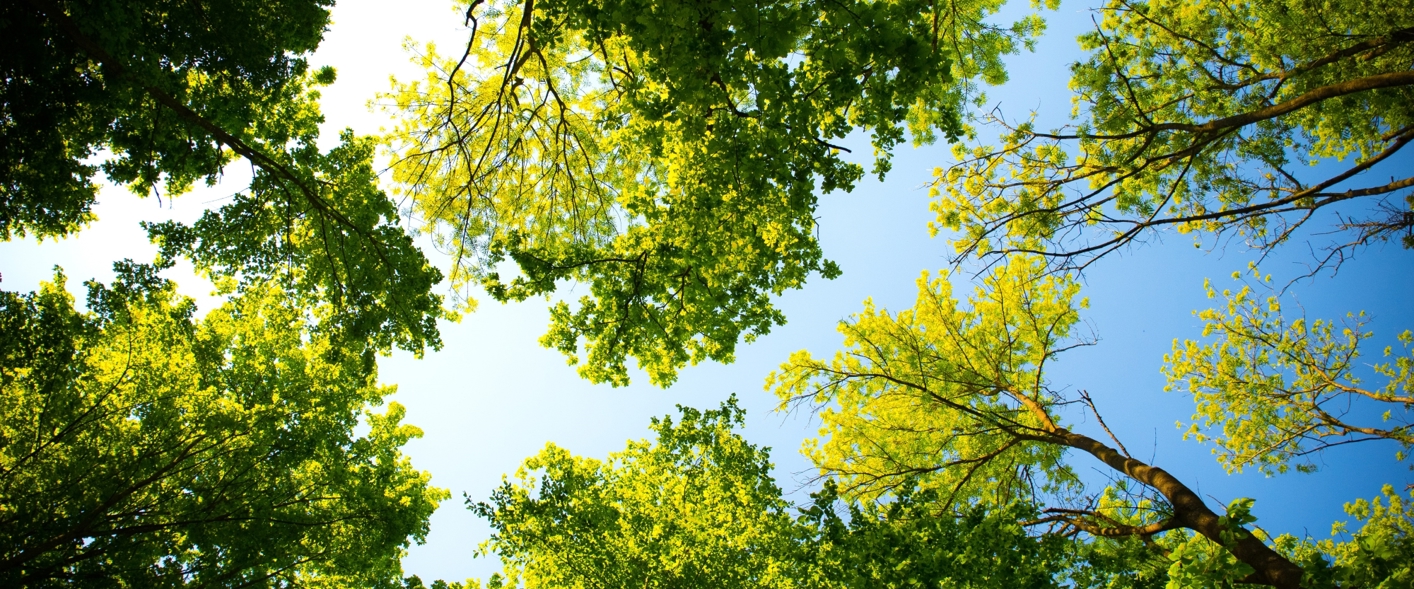Council Tax will be doubled on long-term vacant and second properties in South Cambridgeshire from April 2026 in a bid to bring more empty homes back into use. The aim is to encourage people to sell or rent their properties to tackle a national housing shortfall - which is particularly acute in the District.

Council Tax will be doubled on long-term vacant and second properties in South Cambridgeshire from April 2026 in a bid to bring more empty homes back into use.
The aim is to encourage people to sell or rent their properties to tackle a national housing shortfall - which is particularly acute in the District.
The proposal to double Council Tax on empty and second homes was approved in a meeting of November’s Full Council.
Cllr John Williams, Lead Cabinet member for Resources at South Cambridgeshire District Council, said: "We want to see empty or second homes brought back into use, whether as rentals or properties for sale. This initiative will not only help address housing demands but also bolster local businesses and economies by making better use of available housing. Leaving homes empty for extended periods wastes a critical resource, especially when housing demand is at record highs and social housing waiting lists are growing. Moreover, unmanaged and neglected empty homes often lead to vandalism, social issues, and decay, which can harm the well-being of neighbouring residents and communities. It’s vital we act to maximise the potential of our existing housing stock.”
Council estimates suggest there are around 2,640 empty homes in the district, and a further 360 second properties.
Empty properties have an increased likelihood of arson, theft, damage, squatting and fly tipping. Overgrown brambles, trees, foliage and ivy can cause damage to shared fencing, roofs and gardens. Rodent and vermin infestation is also a risk, particularly if there is a readily available food source.
The owner of the empty home is losing potential rental revenue and will have to pay costs for rubbish and garden clearance, graffiti removal or boarding up the home. They will also pay increased insurance for an empty or dilapidated property.
In some circumstances property owners will be able to claim an exemption from the premium. These include:
- Homes being actively marketed for sale or let for a period of up to 12 months.
- A dwelling which has undergone probate for a period of up to 12 months after the grant of probate.
- Dwellings which are periodically occupied in certain job-related circumstances. For example, a pitch occupied by a caravan, or a mooring occupied by a boat. Or where a planning condition prevents permanent occupancy.
- A property undergoing major work to make it habitable, or structural alteration, for a period of up to twelve months.
Council Tax for a band D property in South Cambridgeshire is currently £2,303 per year. Under the new policy for second or empty homes, this would increase to £4,606 and be due after one year, rather than two, as is currently the case.
The increase will include second homes because currently, Council Taxpayers choose to furnish empty properties to classify them as second homes. This allows them to avoid the empty homes charge, even though the property remains unoccupied. This practice, aimed at reducing Council Tax bills, does not contribute to increasing the availability of housing. It is expected the new policy will reduce the incentive for such behaviour.
It's thought the change will generate an additional £100,000 a year in income for South Cambridgeshire which will help front vital frontline services.
- There’s already a raft of support available from the District Council to bring empty homes back into use. In 2023/24 the Council’s Empty Homes Officer helped bring 26 homes back into use. If you are a private homeowner and would like further help and support contact health@scambs.gov.uk
- For more information visit the Empty Homes

